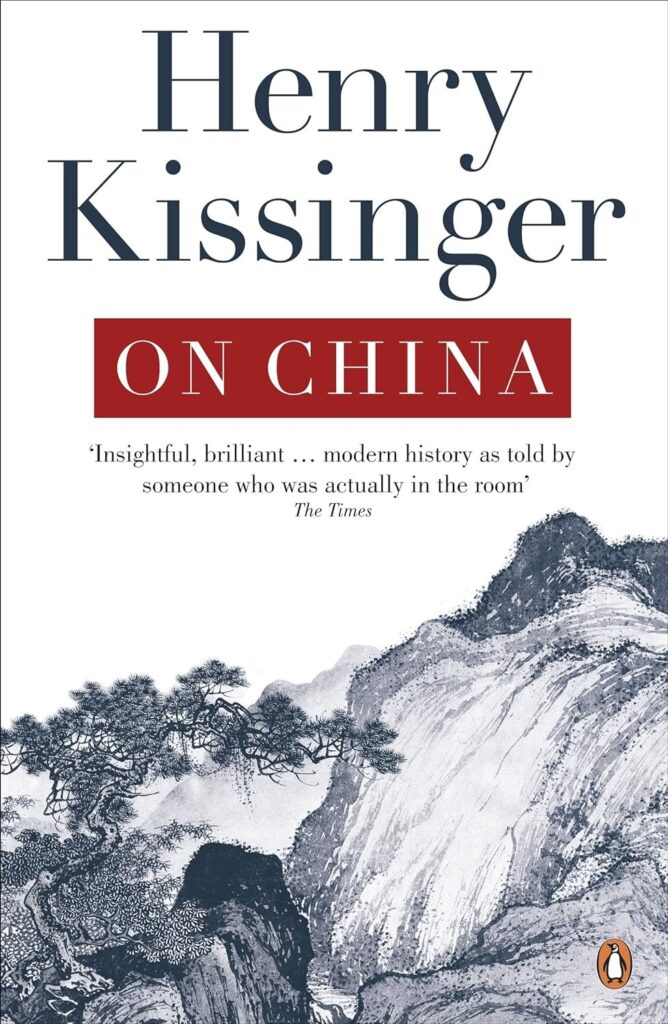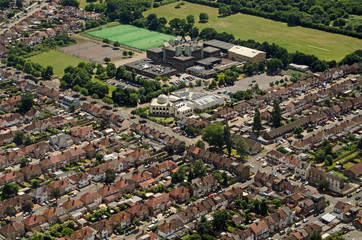Table of Contents
ToggleExploration of China history and ascent, revealing profound insights.
For more than twenty years after the Communist Revolution in 1949, China and most of the western world had no diplomats in each others’ capitals and no direct way to communicate. Then, in July 1971, Henry Kissinger arrived secretly in Beijing on a mission which quickly led to the reopening of relations between China and the West and changed the course of post-war history.
For forty years, Kissinger has maintained close relations with successive generations of Chinese leaders. He is probably been more intimately connected with China at the highest level than any other western figure. This book distils his unique experience and long study of the ‘Middle Kingdom’, examining China’s history from the classical era to the present day, and explaining why it has taken the extraordinary course that it has.

The book concentrates on the decades since 1949, presenting brilliantly drawn portraits of the Chinese leaders. In addition reproduces verbatim Kissinger’s conversations with each of them. But Kissinger’s eye rarely leaves the long continuum of Chinese history. He describes the essence of China’s approach to diplomacy, strategy and negotiation. At the end of the book, Kissinger reflects on these attitudes for our own era of economic interdependence and an uncertain future.
On China is written with great authority, complete accessibility and with many wider reflections on statecraft and diplomacy distilled from years of experience. Today when the world is being increasingly curious about China, this book offers insights that no other can.
For more than twenty years after the Communist Revolution in 1949, China and most of the western world had no diplomats in each others’ capitals and no direct way to communicate. It seemed as though a deep chasm had formed, separating two powerful nations. But then, in July 1971, a man named Henry Kissinger arrived secretly in Beijing on a mission that would change the course of history.
Who is Henry Kissinger and why is he important?
Henry Kissinger, a renowned American diplomat, played a pivotal role in bridging the gap between China and the West. With his strategic thinking and diplomatic skills, he was instrumental in reopening of relations between the West and China. Kissinger’s long study of China have made him one of the most intimately connected western figures with the ‘Middle Kingdom’.
From the classical era to the present day: Exploring China history
In his book, Kissinger delves into the rich history of China, spanning from the classical era to the present day. He provides readers with a comprehensive understanding of the country’s past, shedding light on its cultural, political, and economic development. By examining China’s history, Kissinger offers valuable insights into the nation’s motivations and aspirations.
Building lasting relationships with Chinese leaders
Over the past forty years, Henry Kissinger has maintained close relations with successive generations of Chinese leaders. His ability to foster trust and understanding has allowed him to navigate complex political landscapes and facilitate meaningful dialogue. Through his interactions with Chinese leaders, his played a crucial role in shaping the relationship between China and the West.
A catalyst for change
Henry Kissinger’s journey and his contributions to diplomacy have been nothing short of extraordinary. His efforts have brought China and the West closer together and have paved the way for greater cooperation between nations. Kissinger’s story highlights the power of diplomacy and the potential for positive change, even in the most challenging of circumstances.
As we reflect on the impact of Henry Kissinger’s mission to China, we are reminded of the importance of open dialogue, mutual respect, and the pursuit of common goals. His story teaches the value of dialogue, respect, and shared goals.
Henry Kissinger’s profound understanding of China, honed through decades of diplomacy, is invaluable for grasping the nation’s historical context and global impact. As a key architect of U.S.-China normalization, Kissinger’s insights provide a nuanced perspective on China’s motivations and challenges. Moreover, his wisdom offers wisdom for navigating international relations and comprehending the intricate dynamics between nations. His expertise is a beacon for those seeking clarity on Sino-American relations and the broader implications for global diplomacy.
As a neutral person, I strongly recommend reading it for a genuine understanding of China.










